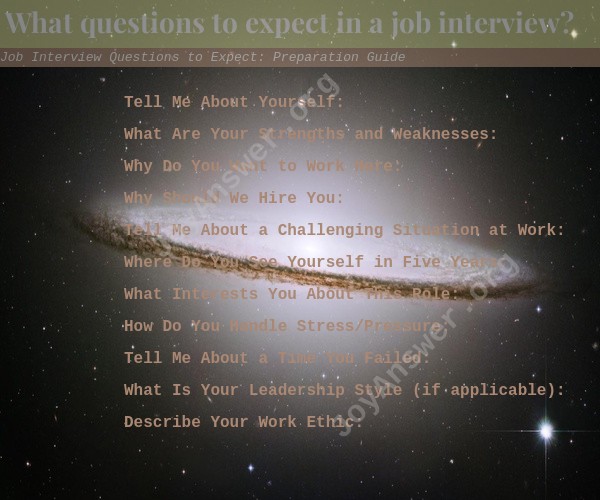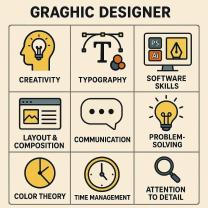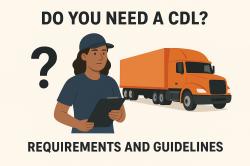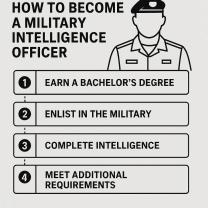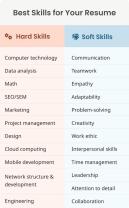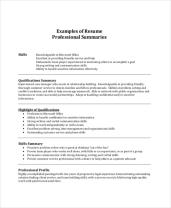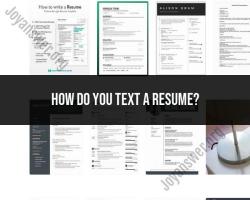What questions to expect in a job interview?
Job interviews can vary widely depending on the position, company, and interviewer, but there are common interview questions that you can expect to encounter. Preparing for these questions will help you present yourself in the best possible light. Here are some typical job interview questions:
Tell Me About Yourself: This is often the first question and is a chance to provide a brief overview of your background, skills, and relevant experiences.
What Are Your Strengths and Weaknesses: Be prepared to discuss your strengths and how they apply to the job. When discussing weaknesses, focus on areas where you're actively working to improve.
Why Do You Want to Work Here: Explain why you're interested in the company and how your skills align with their values and goals.
Why Should We Hire You: Highlight your qualifications and explain how they make you the best fit for the role.
Tell Me About a Challenging Situation at Work: Be ready to discuss a difficult work situation you've faced, how you handled it, and what you learned.
Where Do You See Yourself in Five Years: Discuss your career goals and how they align with the position and company.
What Interests You About This Role: Explain why you're enthusiastic about the specific job and how it matches your career aspirations.
How Do You Handle Stress/Pressure: Provide examples of how you've managed stress or pressure effectively in previous roles.
Tell Me About a Time You Failed: Describe a professional setback and what you learned from it.
What Is Your Leadership Style (if applicable): If the role involves leadership, discuss your approach to managing and motivating teams.
Describe Your Work Ethic: Share your work habits and commitment to getting the job done.
Do You Work Better Independently or on a Team: Explain your preference and provide examples of your ability to collaborate or work independently as needed.
How Do You Stay Current in Your Field: Discuss your commitment to ongoing learning and professional development.
What Do You Know About Our Company: Show that you've done your research by discussing the company's mission, values, products, and recent news.
Do You Have Any Questions for Us: Prepare thoughtful questions about the company, team, or role to demonstrate your interest.
Tell Me About a Time You Succeeded: Share a specific achievement that showcases your skills and accomplishments.
What Are Your Salary Expectations: Be prepared to discuss your salary expectations, but consider doing research on industry salary ranges beforehand.
How Do You Handle Conflicts: Explain your approach to resolving conflicts with colleagues or team members.
Why Are You Leaving Your Current Job (if applicable): Provide a concise and professional explanation for leaving your current or previous positions.
What Skills or Qualities Make You a Good Fit for This Role: Highlight your relevant skills and how they match the job requirements.
Remember to prepare specific examples and stories from your past experiences that illustrate your qualifications and skills. Tailor your responses to the job you're applying for and practice your answers with a friend or in front of a mirror to build confidence. Lastly, maintain a positive attitude and be professional throughout the interview process.
Common Job Interview Questions: What to Expect
Job interviews can be nerve-wracking, but they don't have to be. By preparing for some of the most common job interview questions, you can increase your chances of success.
Here are some of the most common job interview questions:
- Tell me about yourself.
- Why are you interested in this position?
- What are your strengths and weaknesses?
- Where do you see yourself in five years?
- Why should we hire you?
In addition to these general questions, you may also be asked more specific questions about your experience and skills. For example, if you are interviewing for a software engineering position, you may be asked questions about your programming skills and experience with specific programming languages.
Anticipating Interview Questions: What You'll Likely Be Asked
The best way to anticipate the interview questions you'll be asked is to research the company and the position you are interviewing for. This will give you a good idea of the skills and experience the company is looking for.
You can also try to think about the questions from the interviewer's perspective. What would they want to know about you to determine if you are a good fit for the position?
Preparing for Your Job Interview: Question Types to Be Ready For
There are a few different types of interview questions that you should be prepared for:
- General questions: These questions are designed to get to know you as a person and a professional. Examples include "Tell me about yourself" and "Why are you interested in this position?"
- Behavioral questions: These questions are designed to assess your skills and experience. Examples include "Describe a time when you had to overcome a challenge" and "Give me an example of a time when you went above and beyond for a customer."
- Technical questions: These questions are designed to assess your specific skills and knowledge. Examples include "What is your experience with programming in Java?" and "What is the difference between a GET and a POST request?"
How to answer interview questions
When answering interview questions, it is important to be clear, concise, and specific. Avoid giving vague answers or rambling.
It is also important to be positive and enthusiastic. Even if you are asked a question about a weakness, try to frame it in a positive light. For example, if you are asked about a time when you made a mistake, you could talk about what you learned from the experience and how you have improved since then.
Finally, be sure to practice answering interview questions before your interview. You can do this with a friend, family member, or career counselor.
By following these tips, you can increase your chances of success in your job interview.
